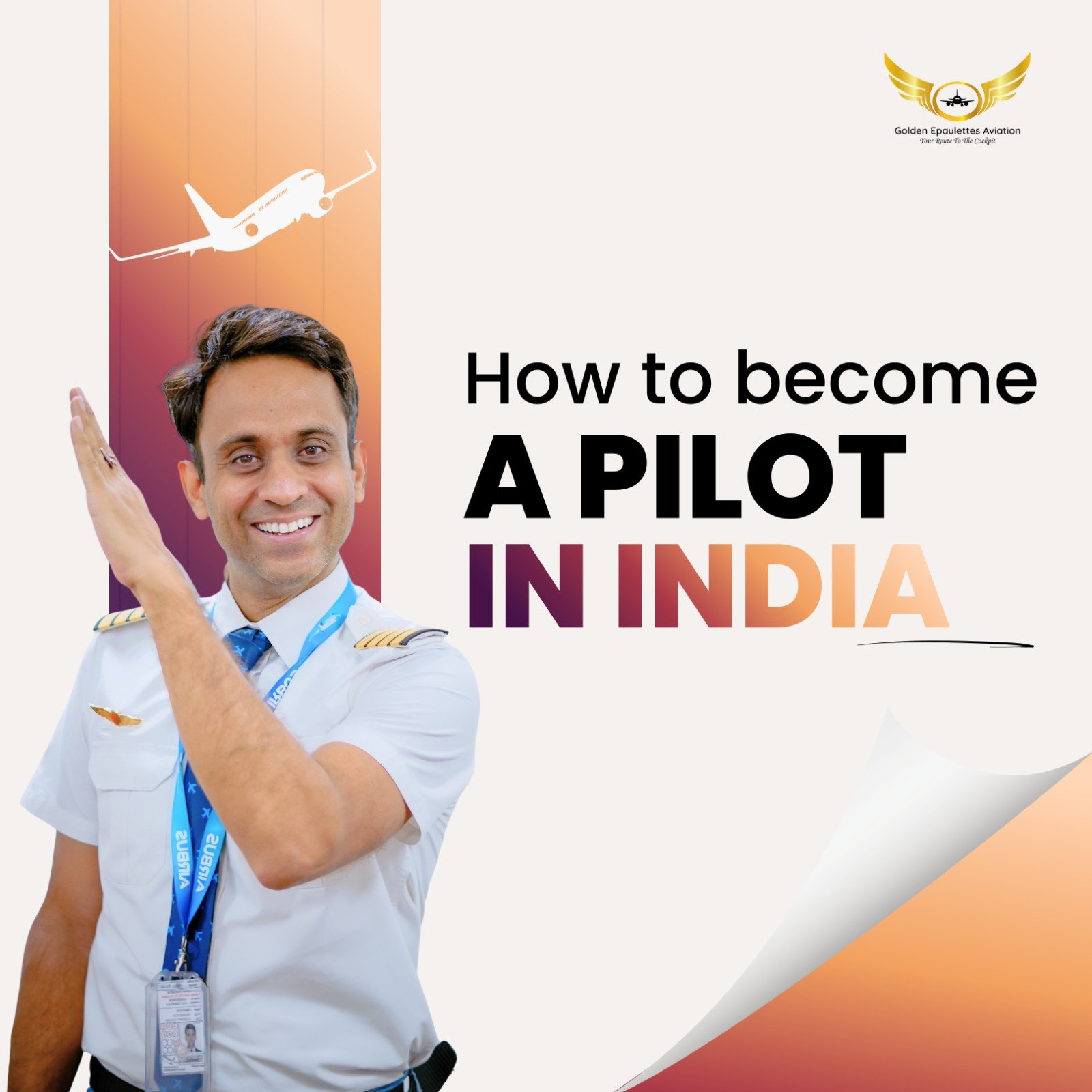Pilot Mentorship Programs: Guiding the Next Generation of Aviators
Content will be added soon
 Menu
Menu
Pilot Programs
Pilot Mentorship Programs
Rohit
Author

Thank you! Our team will contact you shortly on WhatsApp.